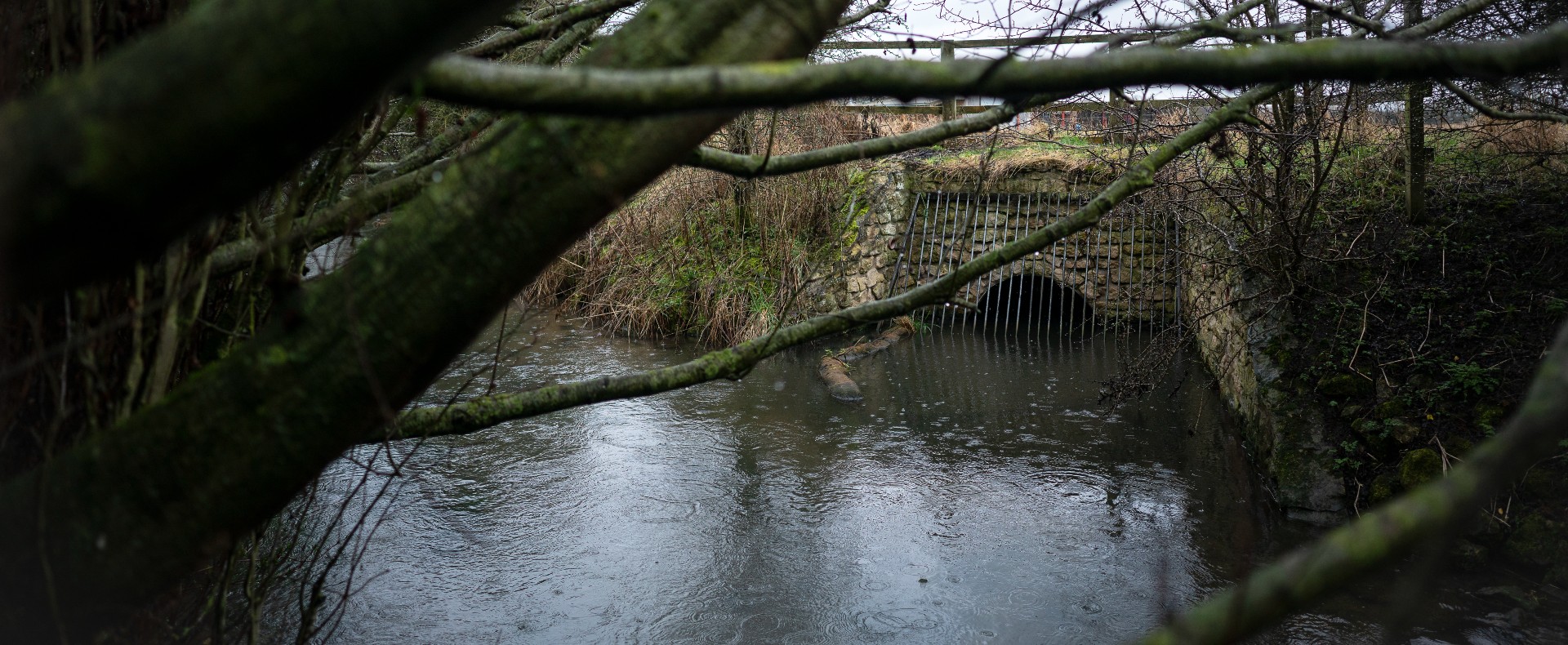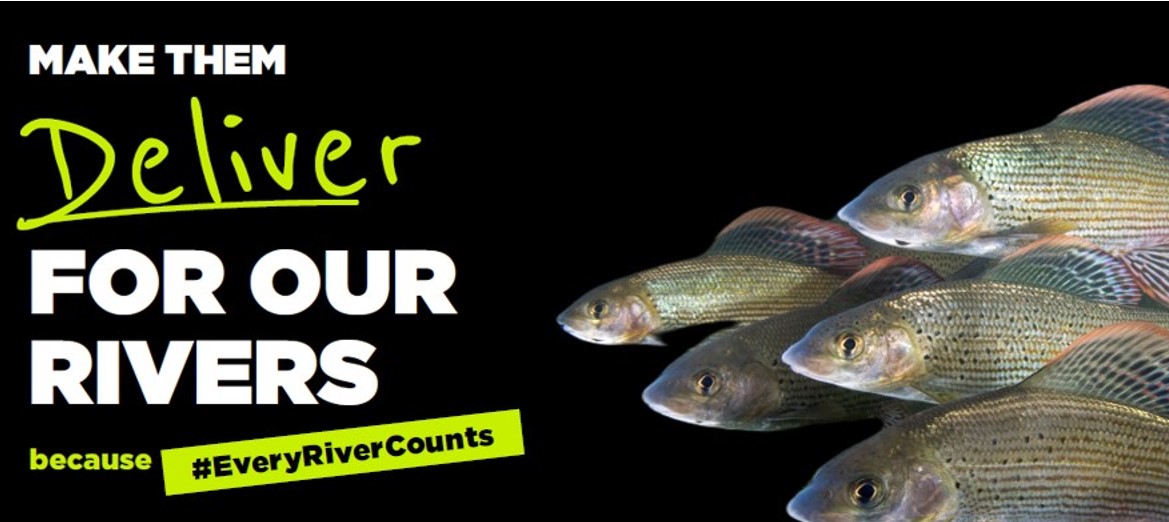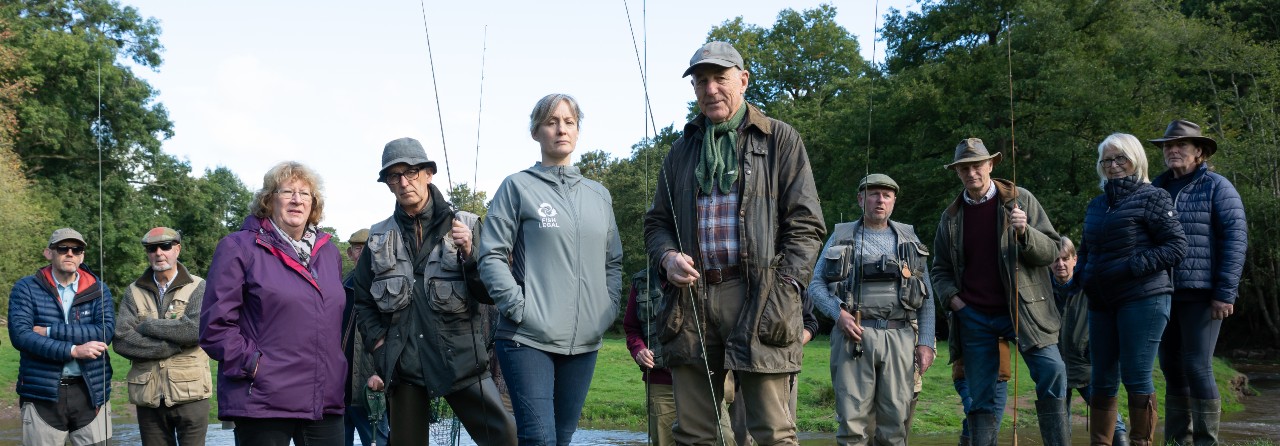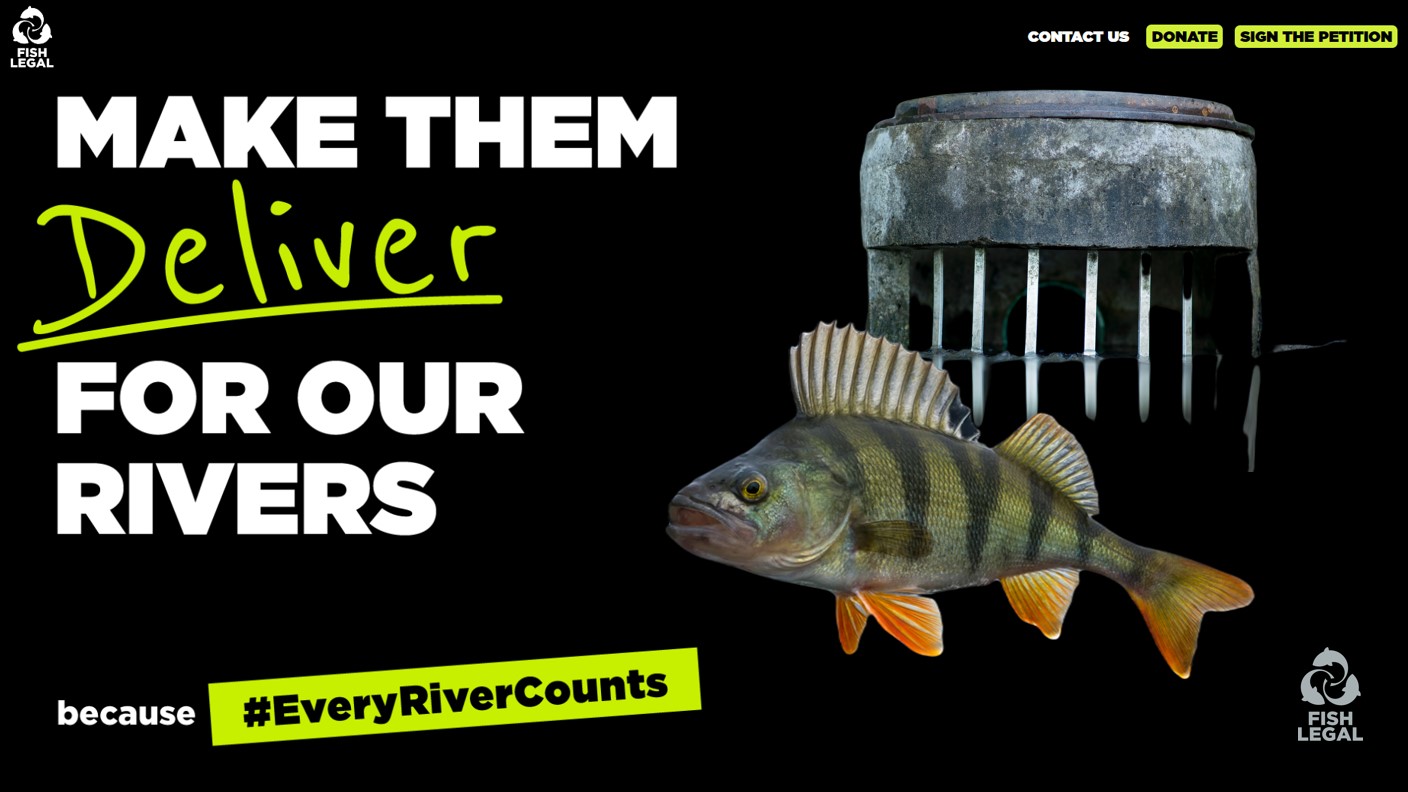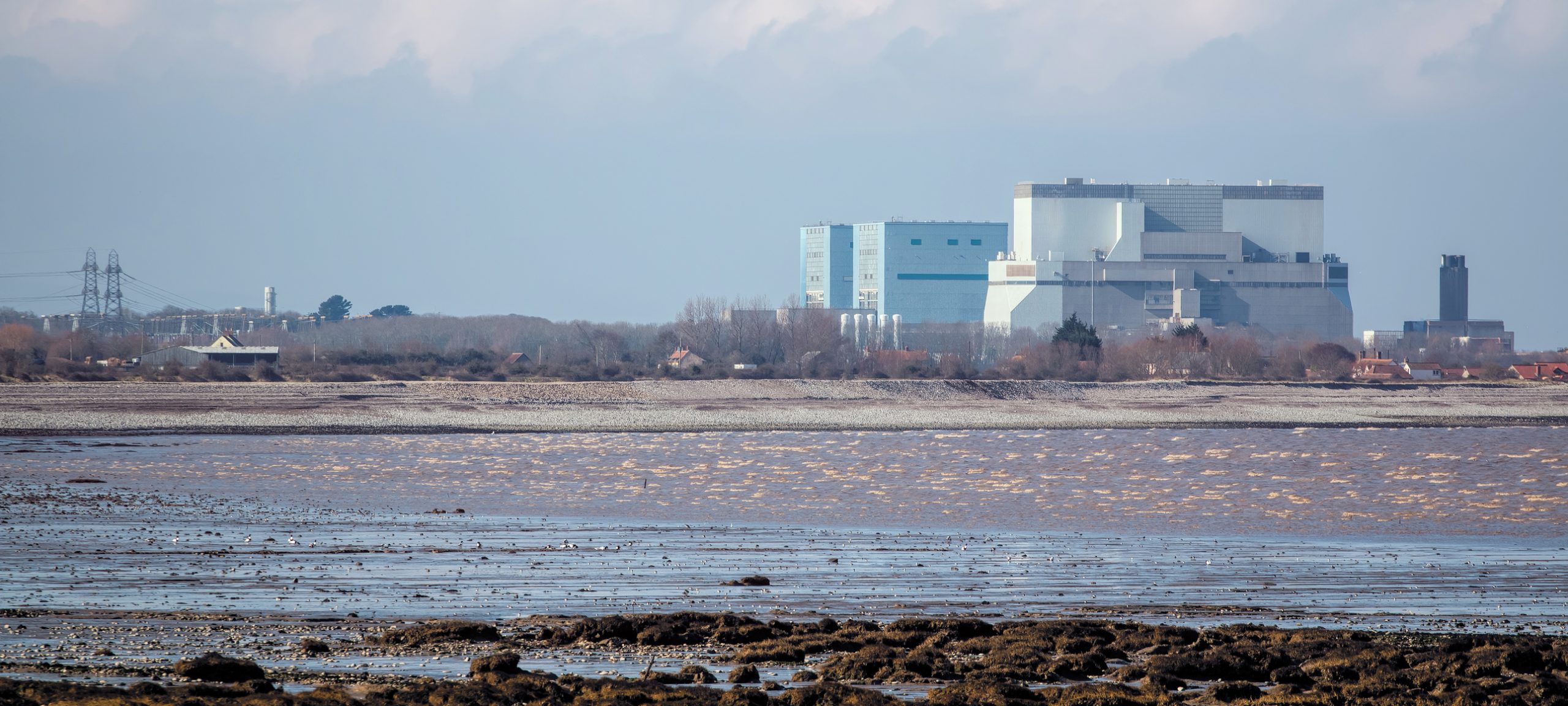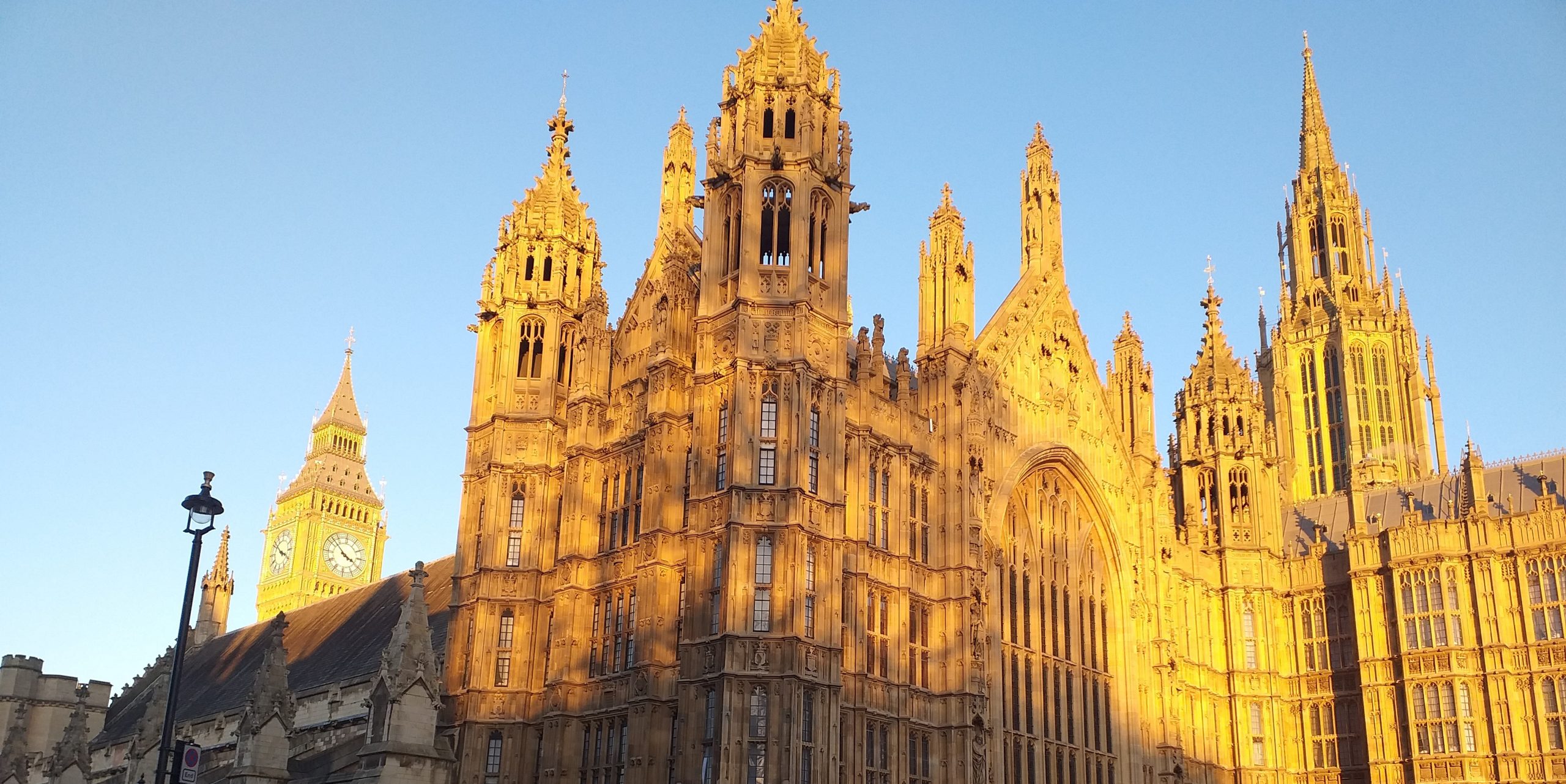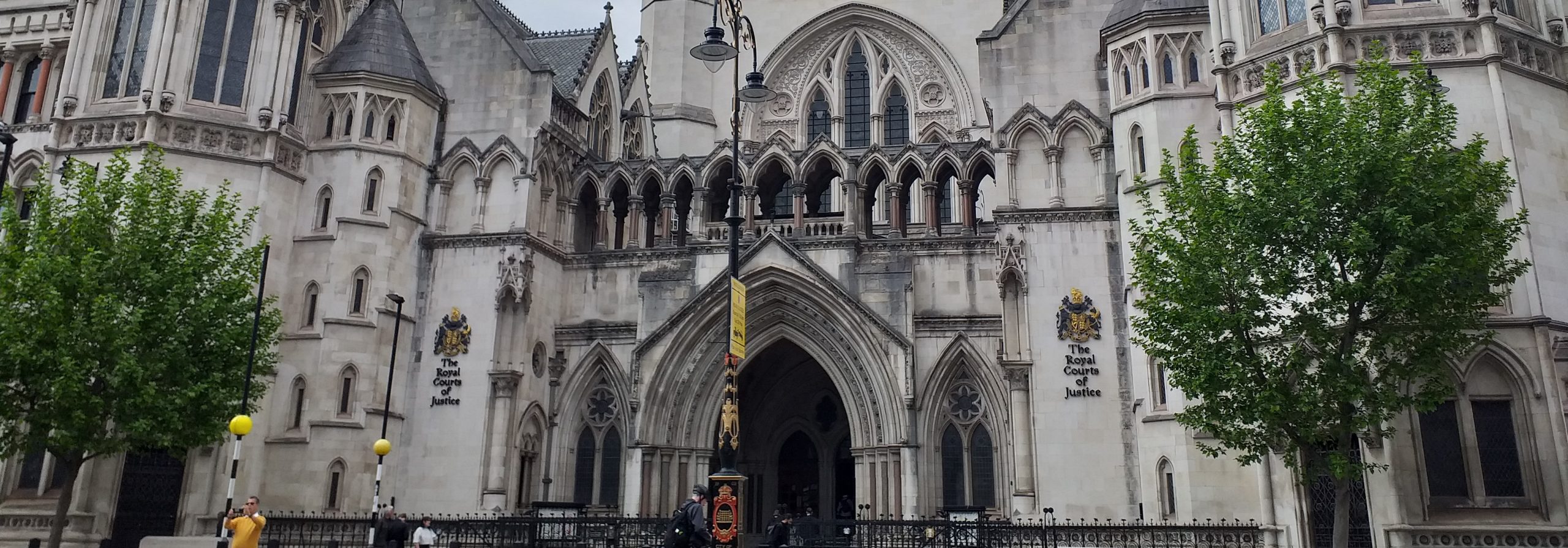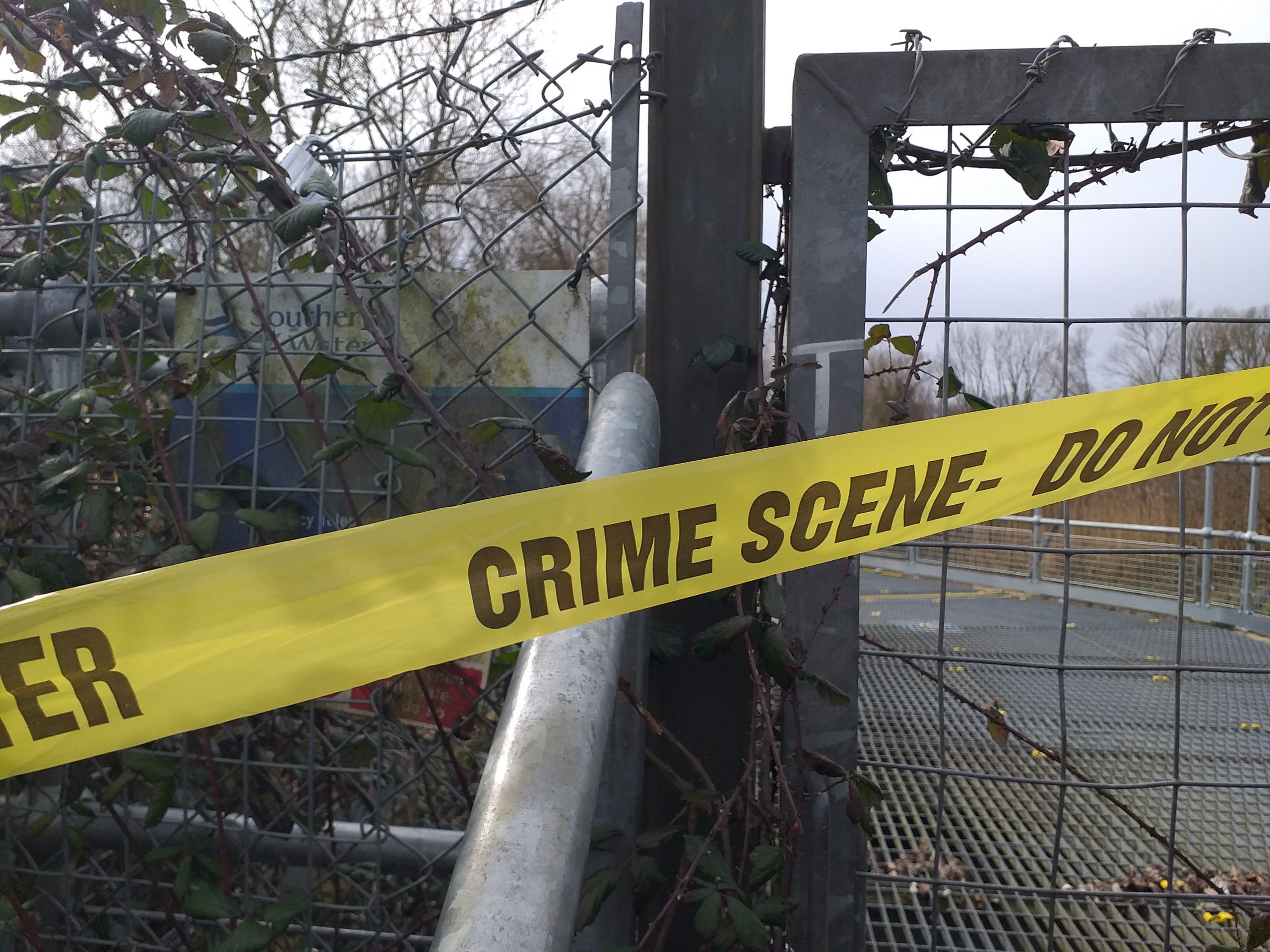News
Public’s ‘right to know’ about water company pollution could be scrapped
A legal right for the public to know what damage privatised water companies are causing to rivers, lakes and coastal waters is under threat as part of a Government Bill currently progressing through Parliament.
Fish Legal has written to Secretary of State for the Environment, Therese Coffey, and Welsh Minister Julie James, to ask for confirmation that the existing legal duty on privatised water companies in England and Wales to provide details of sewage discharges and abstraction to the public on request will not be taken away under the Retained EU Law (Revocation and Reform) Bill 2022.
The right was established by Fish Legal in 2015, after a 6-year legal battle against United Utilities, Yorkshire Water, the Information Commissioner’s Office and the Government, who joined with the water companies in the action after it was referred to the European Court of Justice.
The case, brought on behalf of anglers by Fish Legal, established that privatised water in England & Wales are ‘public authorities’ for the purposes of the Environmental Information Regulations (2004) and therefore under a legal duty to disclose environmental information they hold to the public.
However, the Environmental Information Regulations are one of 1,781 laws currently being reviewed for repeal by the Department of Environment, Food and Rural Affairs under the Retained EU Law (Revocation and Reform) Bill 2022.
Fish Legal is petitioning for Parliament to debate whether it will retain the Environmental Information Regulations and its case law and safeguard the public’s right to access environmental information from privatised utilities.
SIGN HERE
Penelope Gane, Head of Practice at Fish Legal said:
“This hard-won legal right changed the game when it came to exposing the murky world of private water companies’ operations. For the first time, anglers and other members of the public were able to directly access previously hidden data. This has enabled the exposure of the scandal of illegal discharges of sewage. If the case law that established this right or the regulations themselves are effectively deleted, water companies would once again be able to pollute without public scrutiny.”
She added:
“Given that Defra backed the water companies in our legal battle, we’d expect them to do so again. The water industry is a powerful lobby and we’re sure they’d be delighted to see the public’s right to details of what they are putting into our waters and what they are taking out quietly disappear.”
